Popular audiobooks
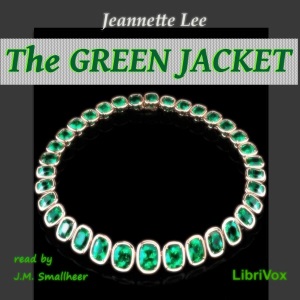
The Green Jacket - Jennette Lee
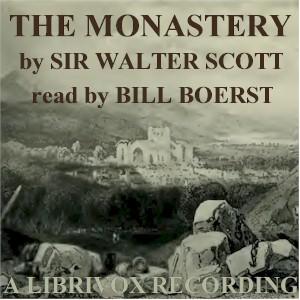
The Monastery - Sir Walter Scott
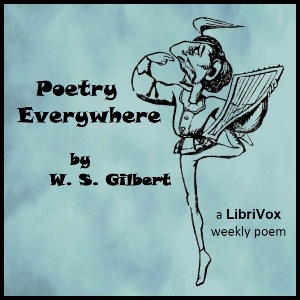
Poetry Everywhere - W. S. Gilbert
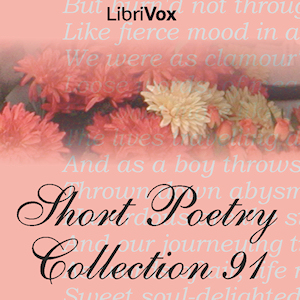
Short Poetry Collection 091 - Various
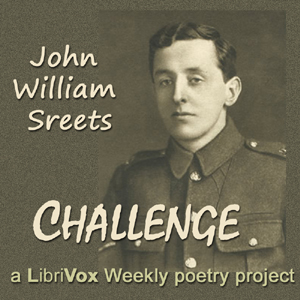
Challenge - John William Streets
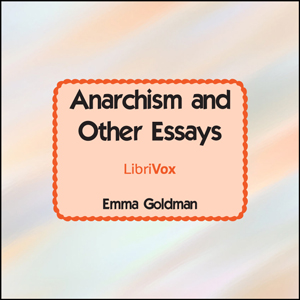
Anarchism and Other Essays - Emma Goldman

Halloween on the Pond - Bertie Stories
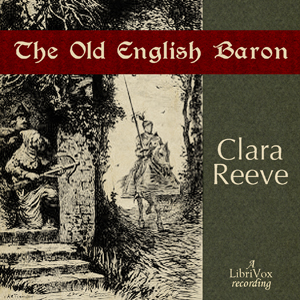
The Old English Baron - Clara REEVE
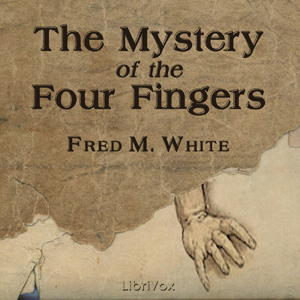
The Mystery of the Four Fingers - Fred M. WHITE
Historical Fiction
270 books
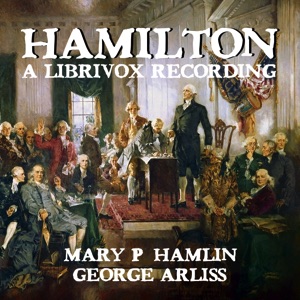
Time02:51:16
Hamilton - Mary P HAMLIN
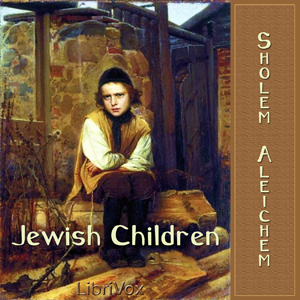
Time7:36:05
Jewish Children (Yudishe Kinder) - שלום עליכם SHOLEM ALEICHEM
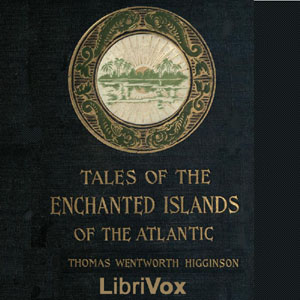
Time4:46:08
Tales of the Enchanted Islands of the Atlantic - Thomas Wentworth Higginson
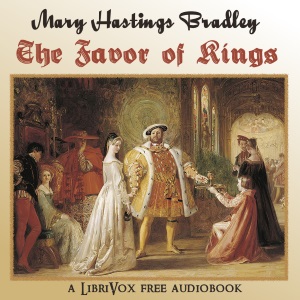
Time11:42:58
The Favor of Kings - Mary Hastings Bradley
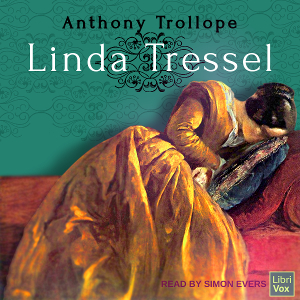
Time06:40:46
Linda Tressel - Anthony Trollope
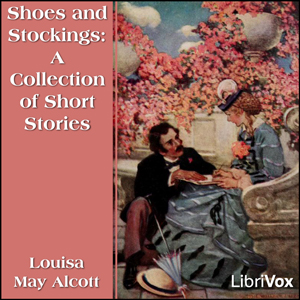
Time6:52:53
Shoes and Stockings: A Collection of Short Stories - Louisa May Alcott
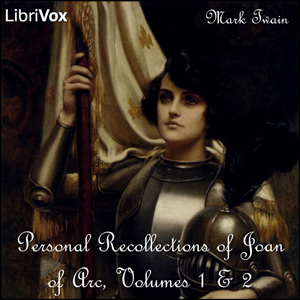
Time15:18:52
Personal Recollections of Joan of Arc, Volumes 1 & 2 - Mark Twain

Time05:07:43
Virgin Soil Volume 2 - Ivan Turgenev
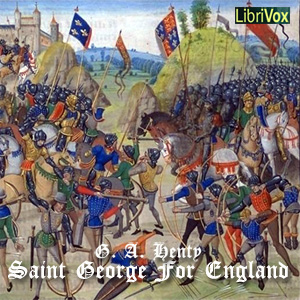
Time9:36:27
Saint George for England - G. A. Henty
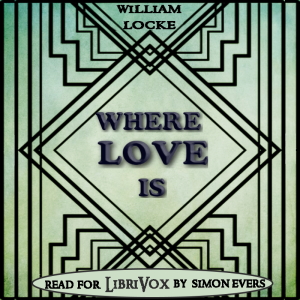
Time09:44:29
Where Love Is - William John Locke
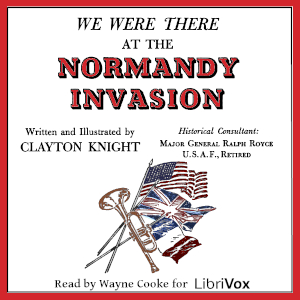
Time03:27:00
We Were There at the Normandy Invasion - Clayton Knight
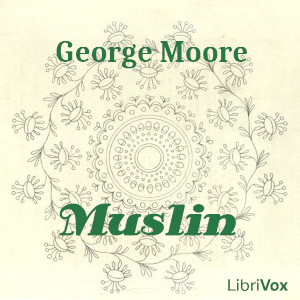
Time10:51:41
Muslin - George Moore
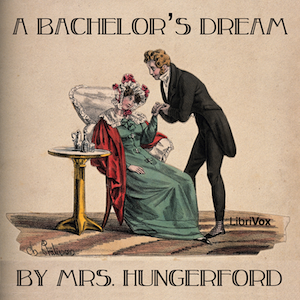
Time03:26:21
A Bachelor's Dream - Mrs. HUNGERFORD
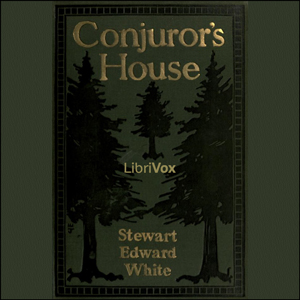
Time4:32:29
Conjuror's House, a Romance of the Free Forest - Stewart Edward White
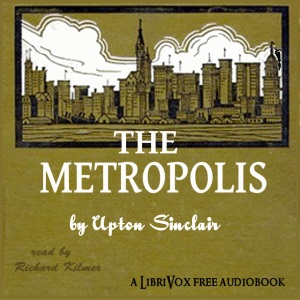
Time10:48:28
The Metropolis - Upton Sinclair
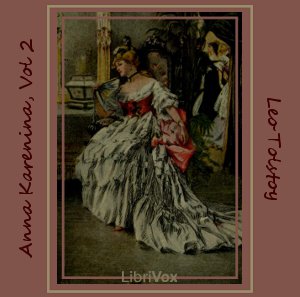
Time5:39:08
Anna Karenina, Book 2 - Leo Tolstoy
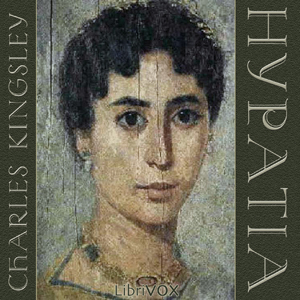
Time18:22:13
Hypatia - Charles Kingsley
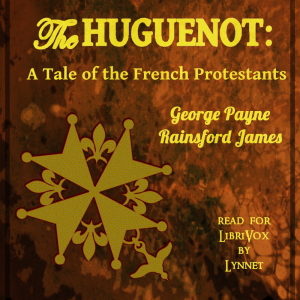
Time20:47:00
The Huguenot: A Tale of the French Protestants - George Payne Rainsford JAMES
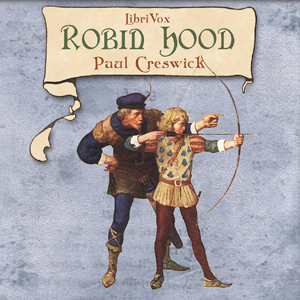
Time10:24:30
Robin Hood - Paul CRESWICK
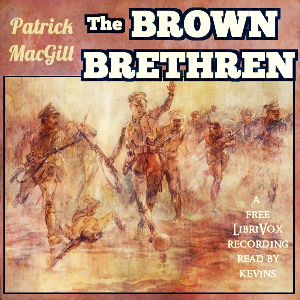
Time05:39:39
The Brown Brethren - Patrick MacGill
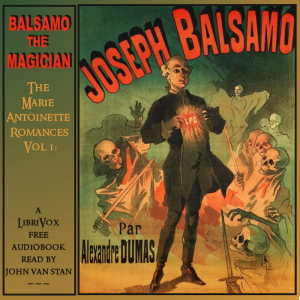
Time10:55:06
The Marie Antoinette Romances, Vol 1: Balsamo, The Magician - Alexandre Dumas
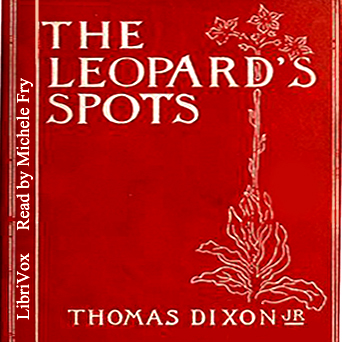
Time13:10:33
The Leopard's Spots - Thomas Dixon, Jr.
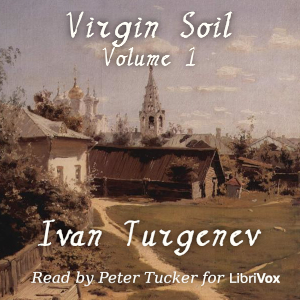
Time05:04:28
Virgin Soil Volume 1 - Ivan Turgenev
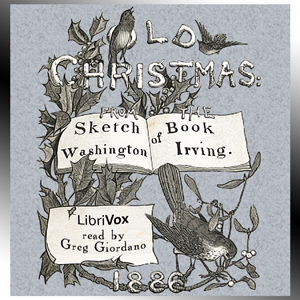
Time01:59:52
Old Christmas: From the Sketch Book of Washington Irving - Washington Irving
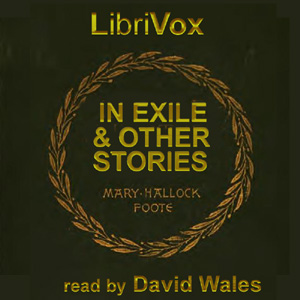
Time5:36:33
In Exile and Other Stories - Mary Hallock FOOTE

Time16:11:05
The Ladies' Paradise - Émile Zola
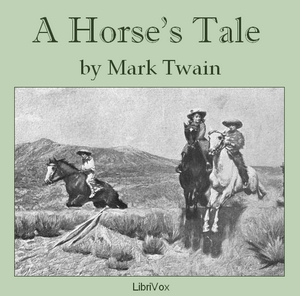
Time1:54:27
A Horse's Tale (Version 2) - Mark Twain
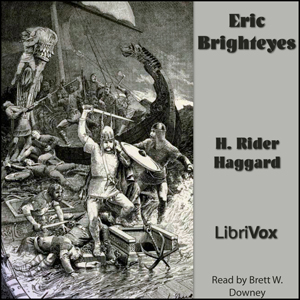
Time10:17:17
Eric Brighteyes - H. Rider Haggard
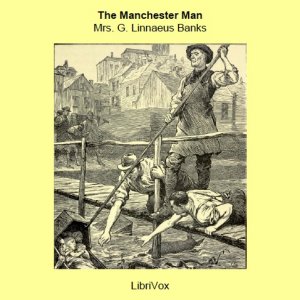
Time15:35:27
The Manchester Man - Isabella Varley BANKS
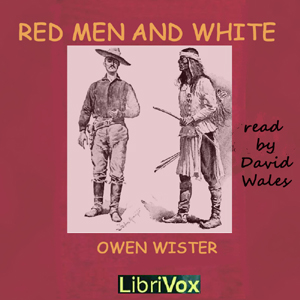
Time9:37:56
Red Men And White - Owen Wister
Historical fiction is a genre that takes place in a specific time period in the past, often with real historical events or people woven into the story. It blends factual information with fictional elements to create a compelling narrative. The setting and details of the time period are crucial to the story, and the characters are often shaped by the historical context in which they live. Historical fiction can explore themes and issues relevant to both the past and present, and can offer insight into how people lived, thought, and felt in different eras.
1. Time period: Historical fiction takes place in a specific time period in the past, usually before the author's lifetime.
2. Historical events and people: Real historical events and people are often woven into the story to create a sense of authenticity and accuracy.
3. Blending fact and fiction: Historical fiction blends factual information with fictional elements to create a compelling narrative.
4. Setting and details: The setting and details of the time period are crucial to the story, and the author must do extensive research to accurately portray the era.
5. Characterization: The characters are often shaped by the historical context in which they live, and their actions and beliefs are influenced by the social, political, and cultural norms of the time.
6. Themes and issues: Historical fiction can explore themes and issues relevant to both the past and present, such as social justice, war, love, and human nature.
7. Insight into the past: Historical fiction can offer insight into how people lived, thought, and felt in different eras, providing a window into the past for modern readers.
1. Time period: Historical fiction takes place in a specific time period in the past, usually before the author's lifetime.
2. Historical events and people: Real historical events and people are often woven into the story to create a sense of authenticity and accuracy.
3. Blending fact and fiction: Historical fiction blends factual information with fictional elements to create a compelling narrative.
4. Setting and details: The setting and details of the time period are crucial to the story, and the author must do extensive research to accurately portray the era.
5. Characterization: The characters are often shaped by the historical context in which they live, and their actions and beliefs are influenced by the social, political, and cultural norms of the time.
6. Themes and issues: Historical fiction can explore themes and issues relevant to both the past and present, such as social justice, war, love, and human nature.
7. Insight into the past: Historical fiction can offer insight into how people lived, thought, and felt in different eras, providing a window into the past for modern readers.